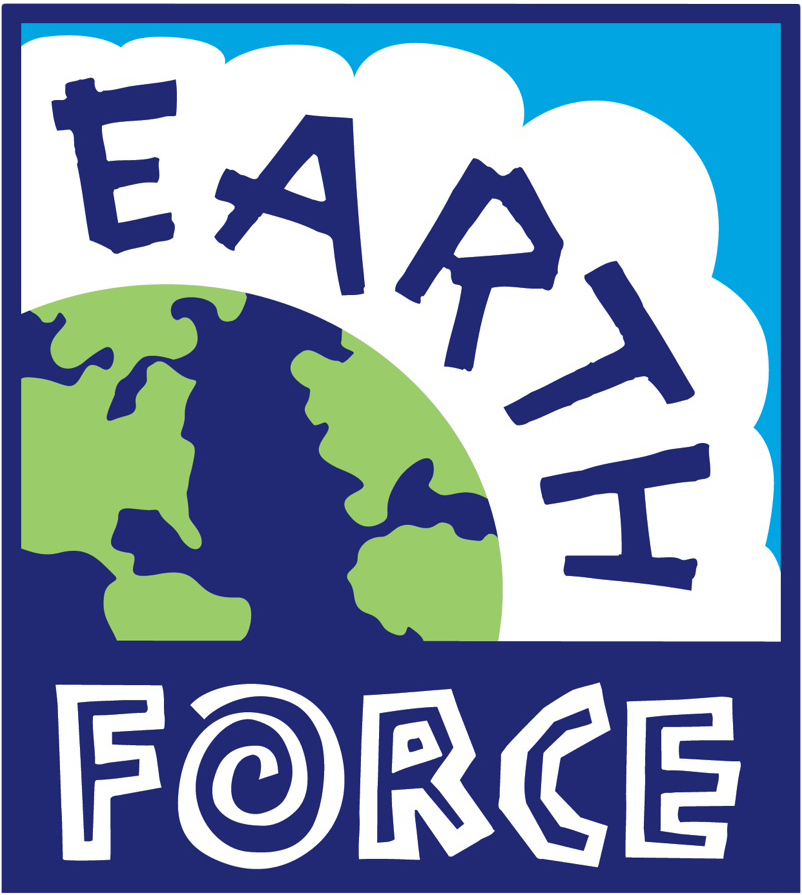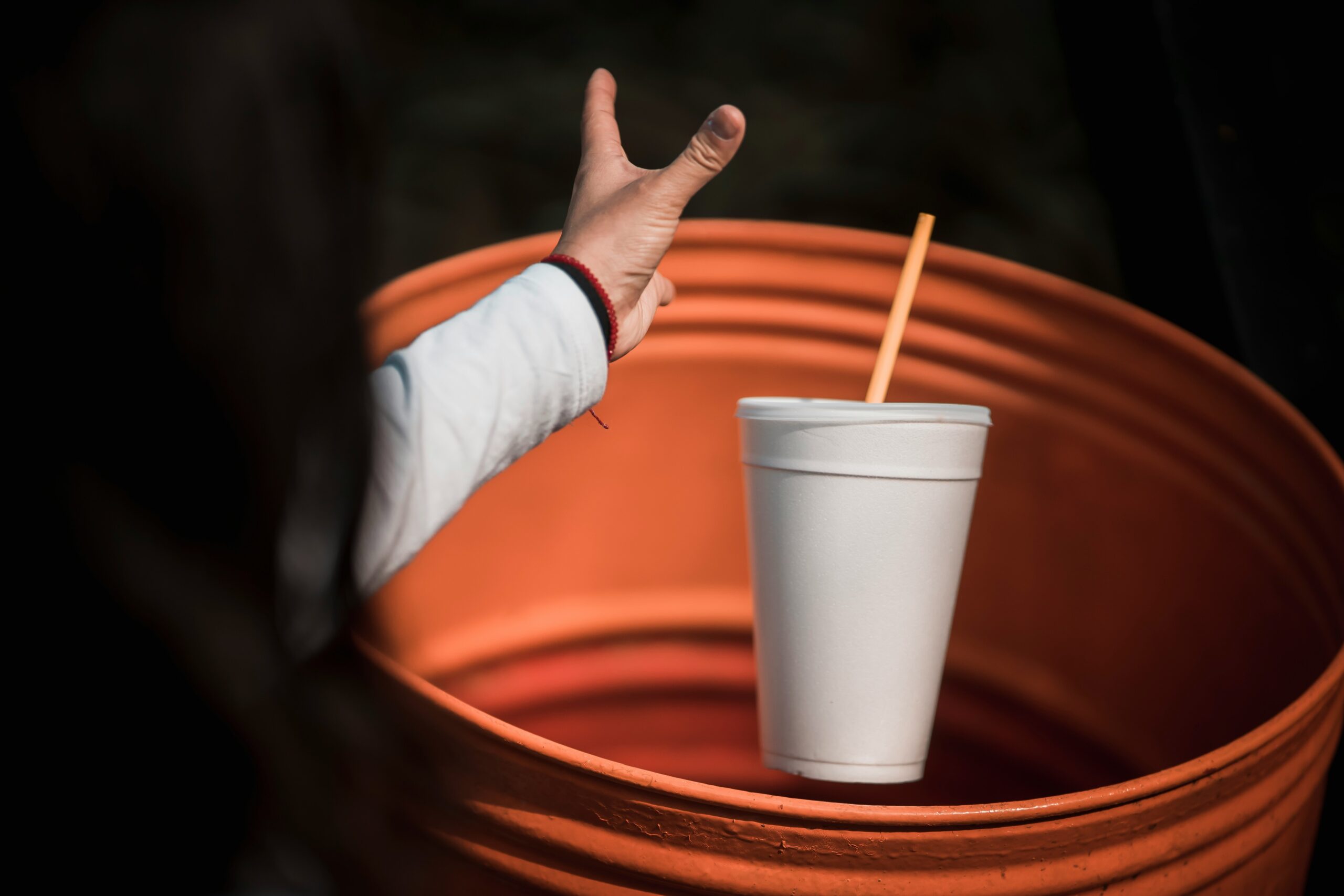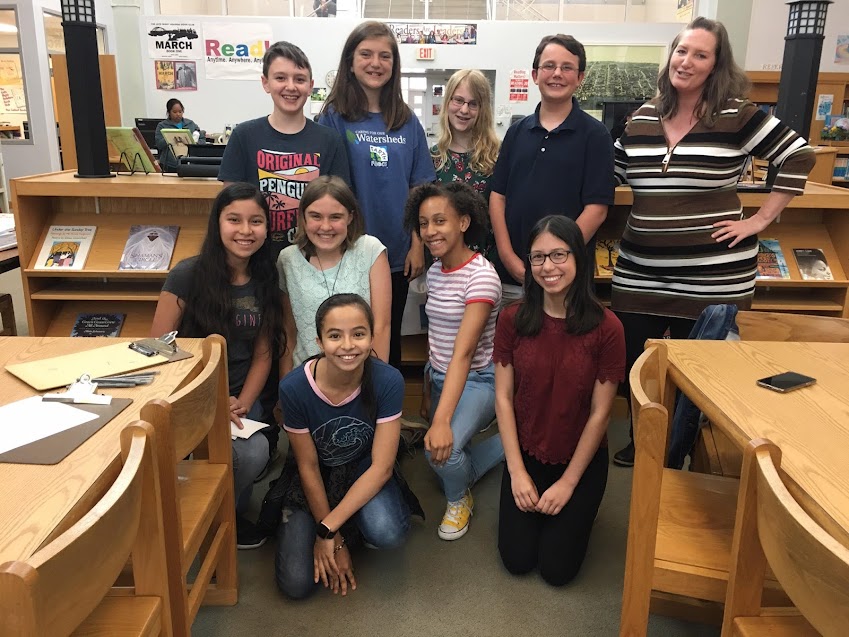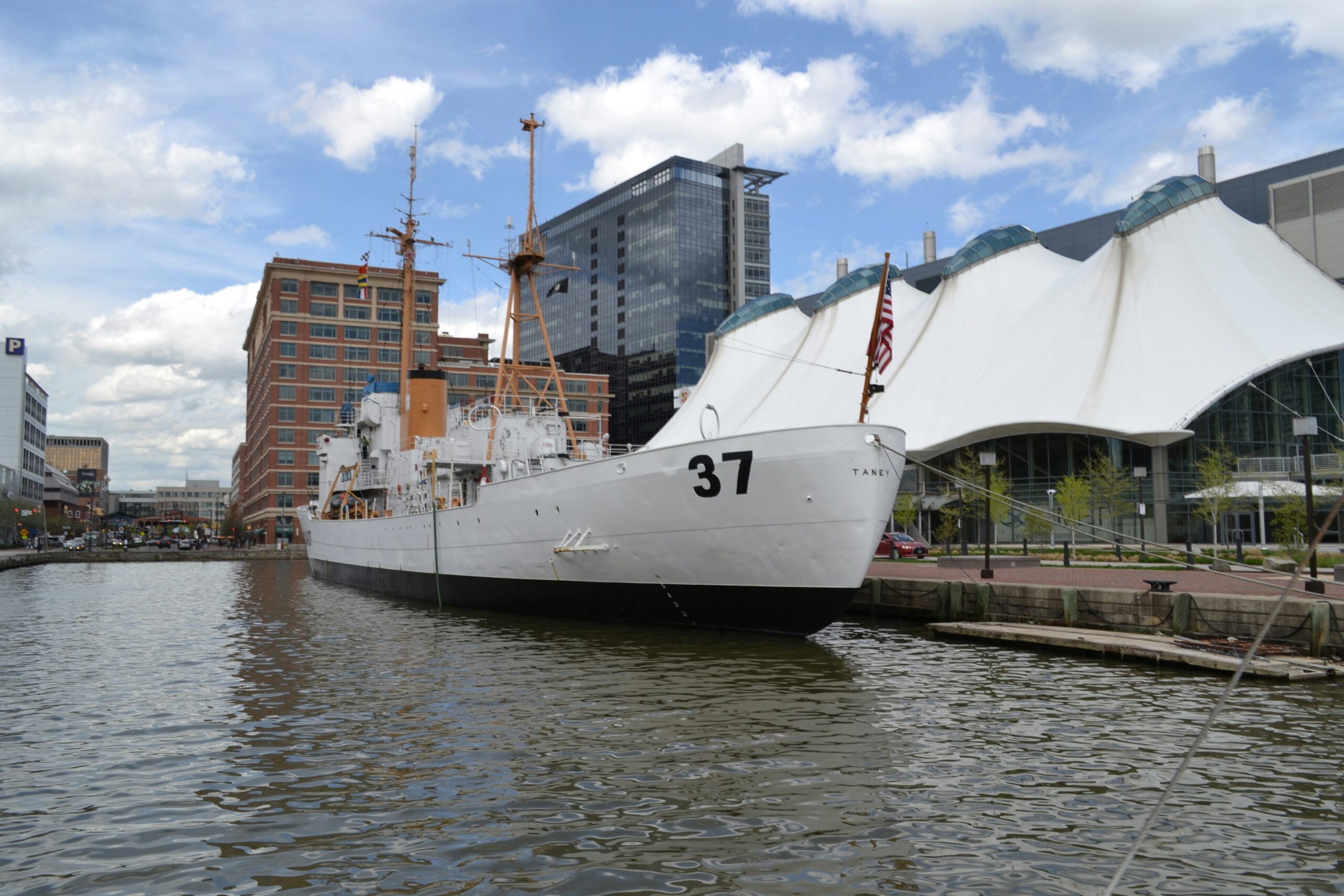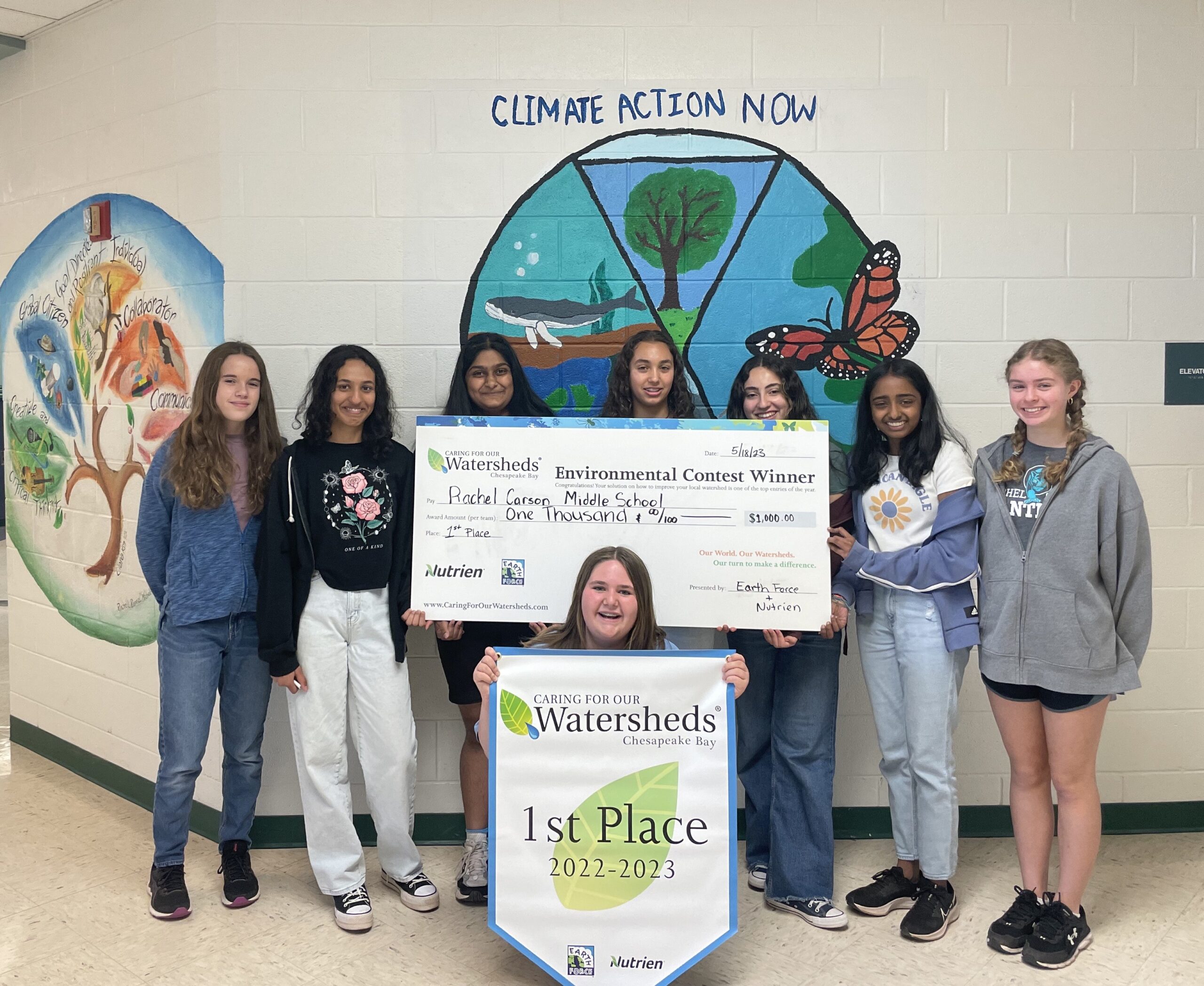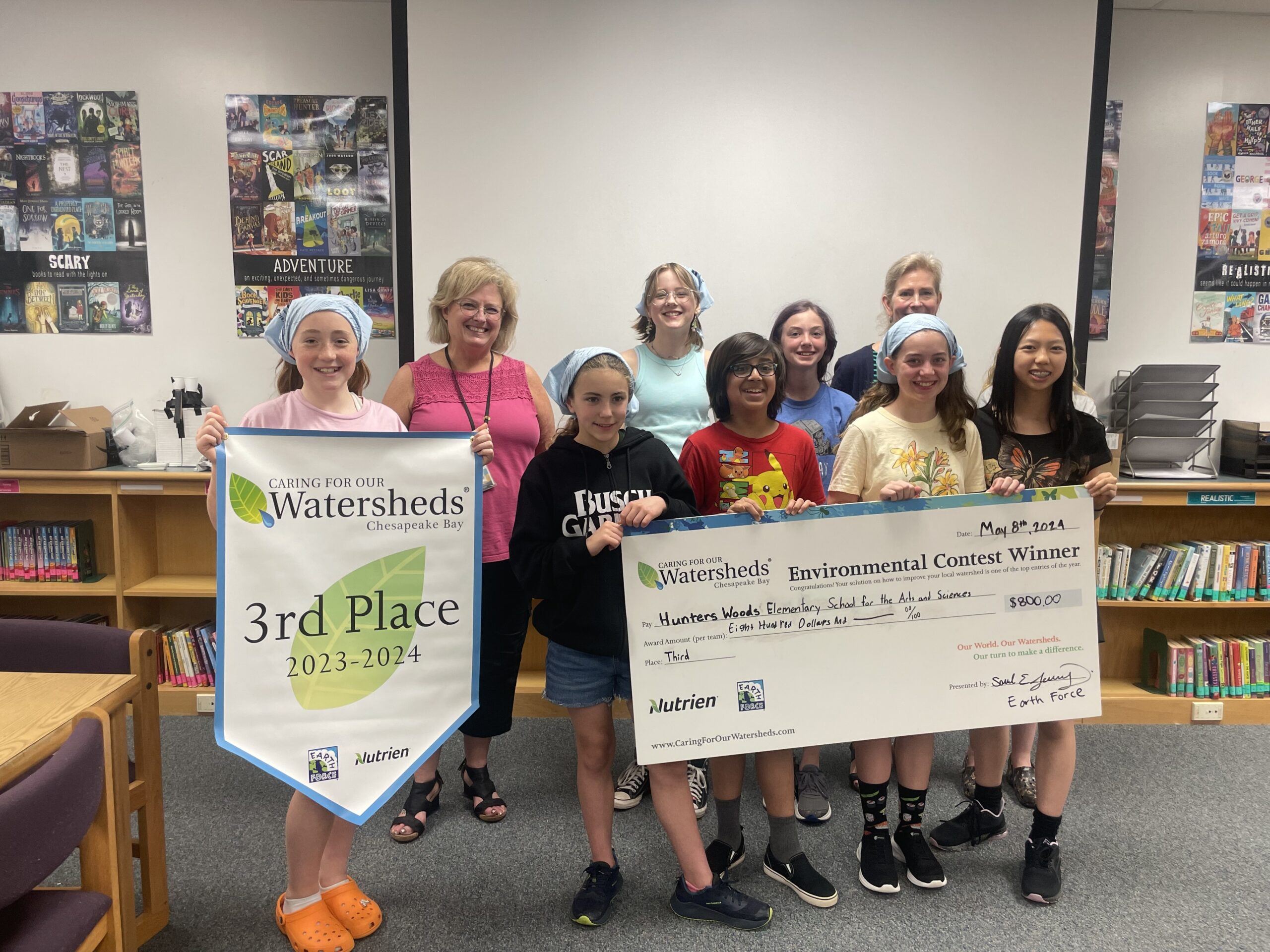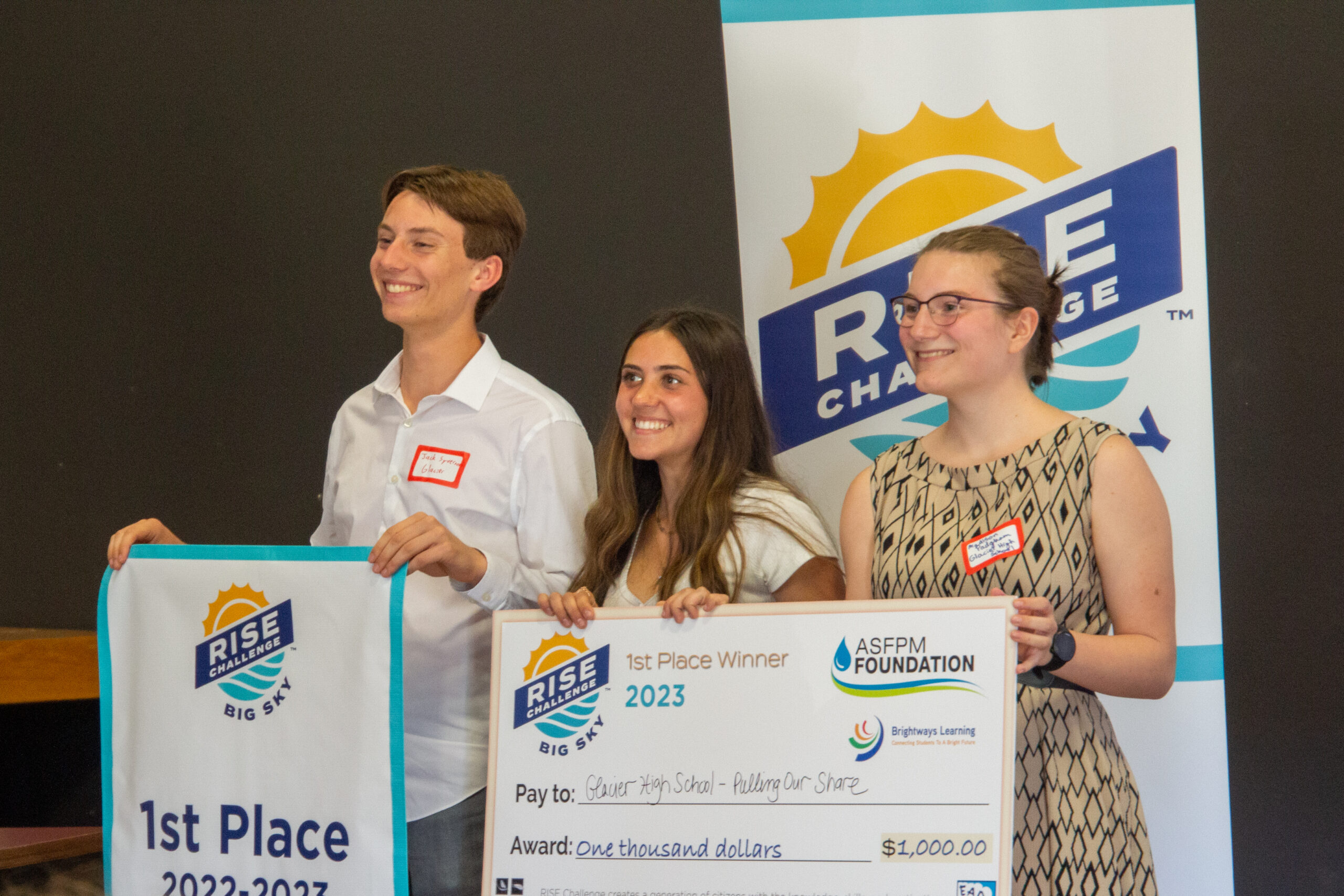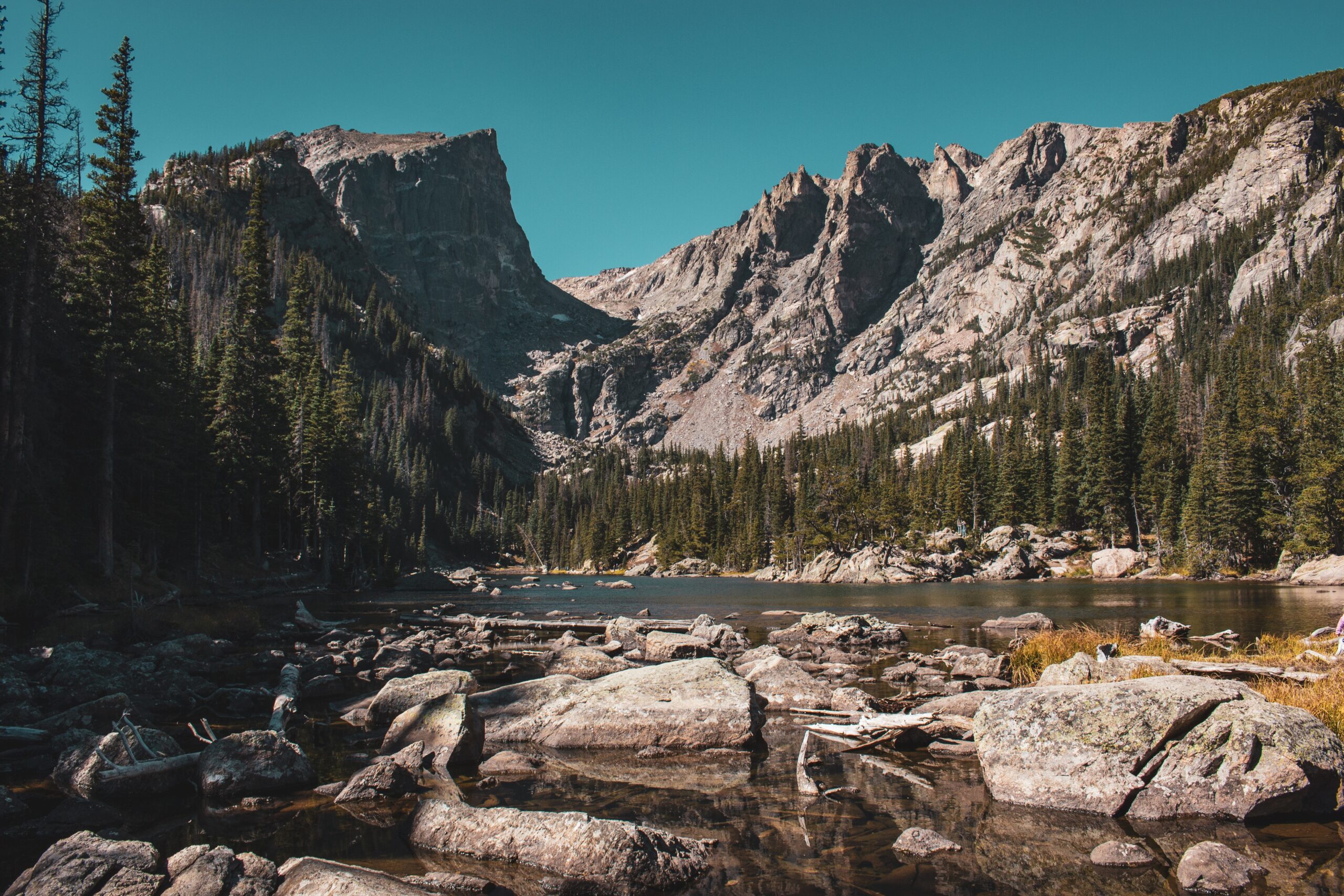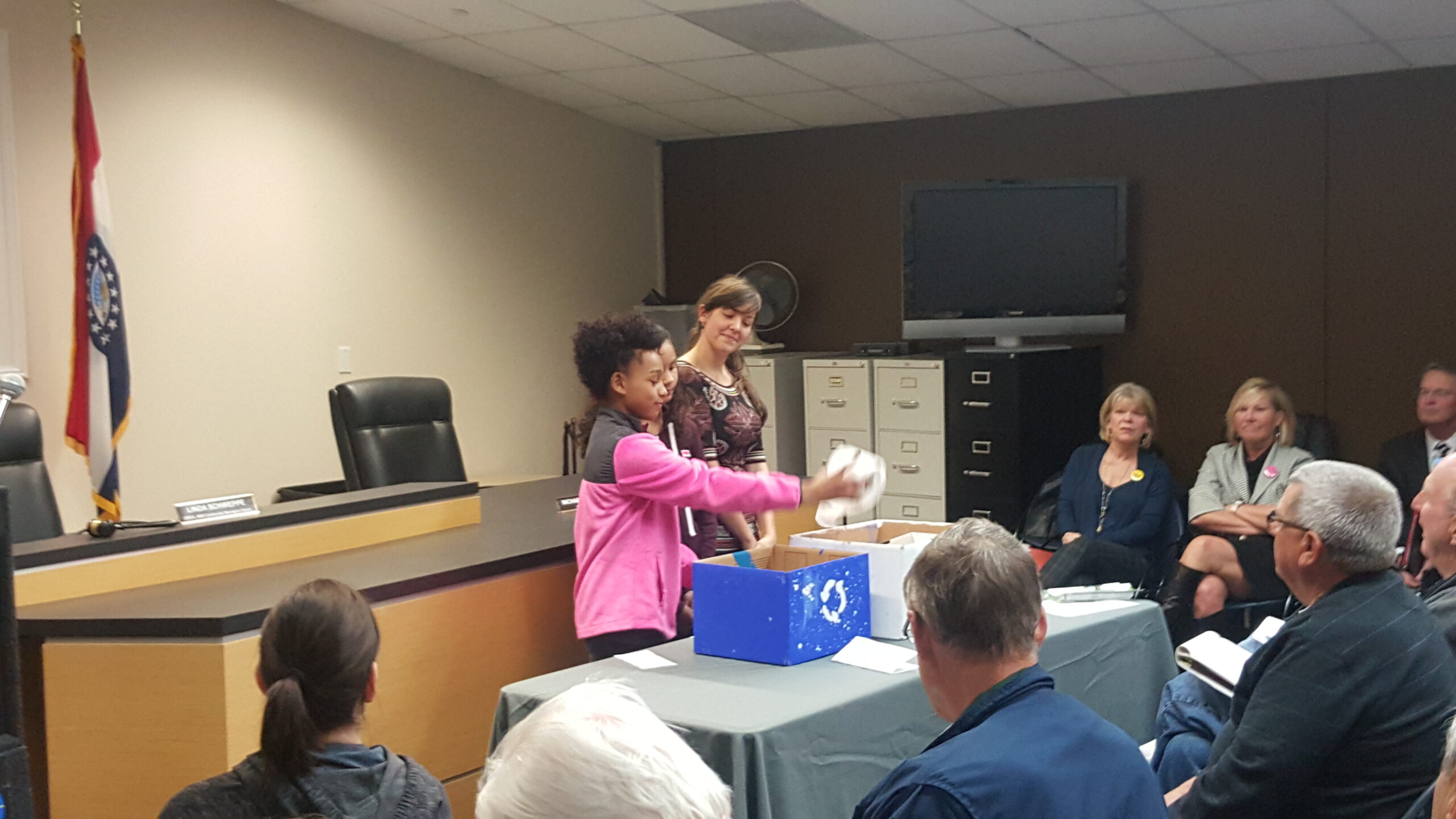Environmental Action Civics Stories
Stories of Young People Driving Change
Young people are powerful agents of change, and through Environmental Action Civics, they’re leading the way toward a more collaborative, sustainable future. From transforming their school’s flooding track to advocating for clean water in their communities, students are using civic skills and building youth-adult partnerships to solve real-world environmental challenges.
With Environmental Action Civics, they’re not just learning about the issues—they’re taking action, working with local leaders, and making lasting changes that benefit their communities and the planet. These stories of youth-driven impact inspire us all, showing that the next generation has the creativity, passion, and skills to build a better world.
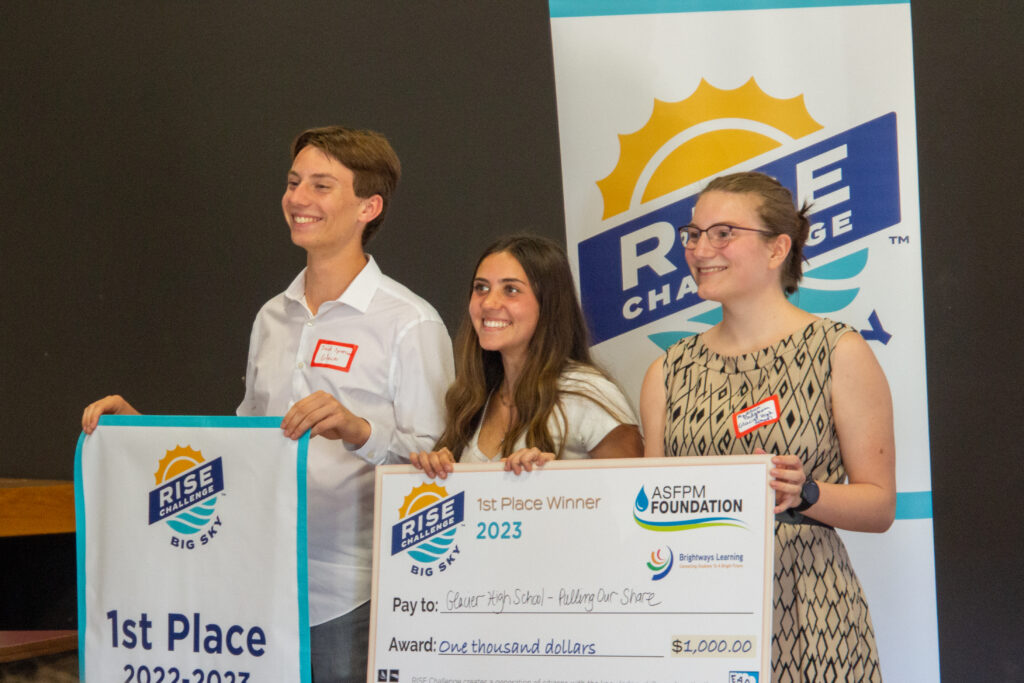
Lunchroom to Legislation: Students Lead the Charge Against Styrofoam
Virginia students pass statewide bill to improve air quality
Civic engagement to protect Baltimore’s Inner Harbor
Peer Teaching and Learning in the Chesapeake Bay Watershed
Making Rachel Carson Middle School More Sustainable
Students Advocate for Equity in Charleston, SC
Action From Above: Decrease Pollution
Be gone, noxious weeds!
Advocating for Statewide Resilience
Reducing Flooding in Sheridan, CO
Students Change Recycling Policy in Wentzville, MO
Environmental Action Civics is an educational approach where youth work in partnership with adults to identify a local environmental issue and engage with community members to take action by advocating for systemic changes to policies or practices. Some people describe it as environmental education with civics!
A central element of Environmental Action Civics is a commitment to prepare youth, especially those from historically marginalized communities, to engage in local environmental decision making now and in the future.
In Environmental Action Civics, students research local environmental problems, collaborate with community members, and propose solutions that drive positive environmental change.
In Environmental Action Civics, students share power with adults, practice democratic decision making, and address local environmental problems using civics. And adults are right there beside them, igniting a new generation of decision makers.
